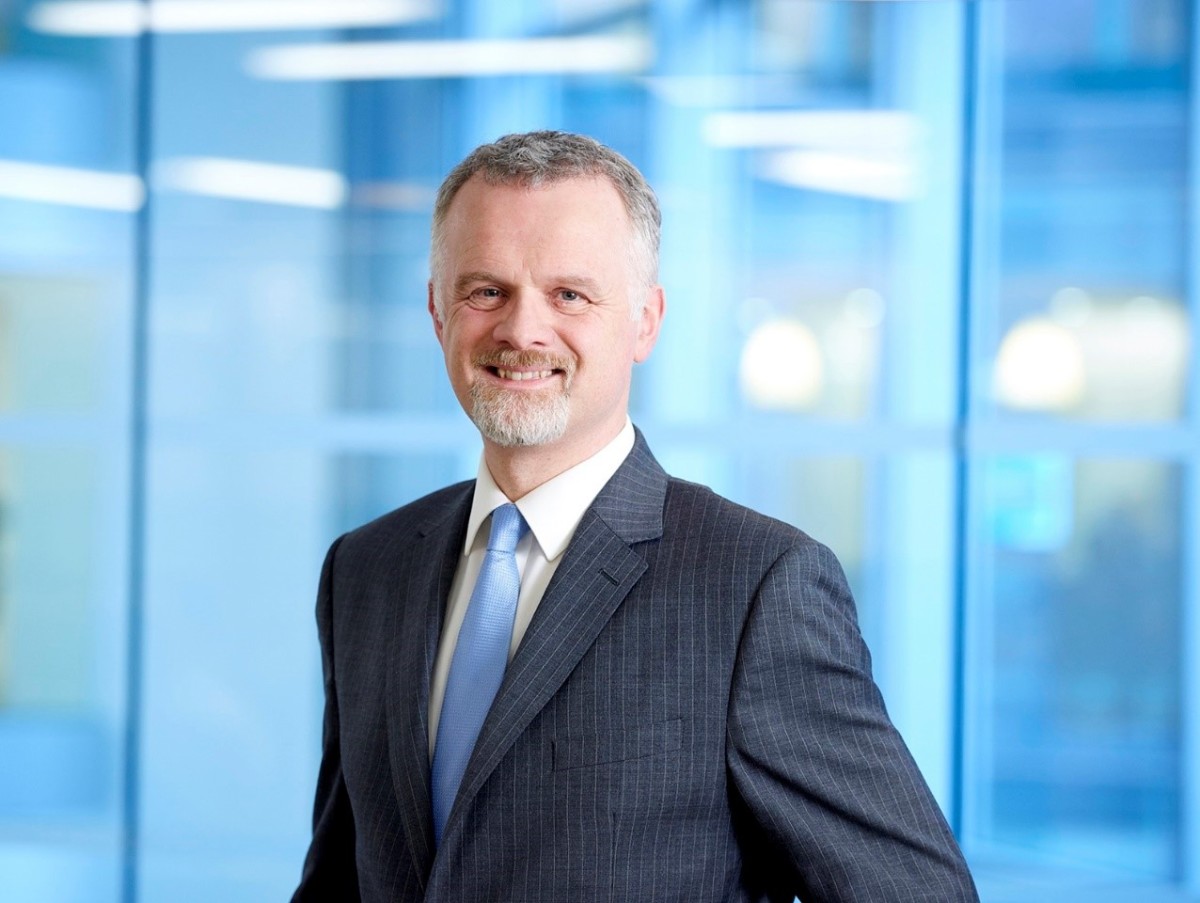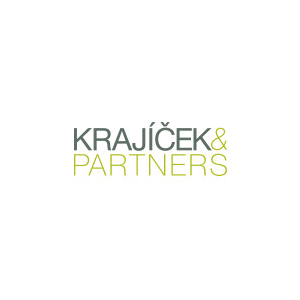Interview with the head of Family Business Consulting at KPMG LLP in London Ken McCracken (part 2)

We are pleased to provide to you the second part of our interview with the head of Family Business Consulting at KPMG LLP in London Mr. Ken McCracken:
Ken could you tell me what you would consider most relevant challenges for Central European family firms, which are currently in the period of transition from G1 to G2 or G3? Many people think that “succession” is the most dangerous challenge for family firms, what do you think?
I agree that succession is the point in time when a family business in any part of the world naturally considers ‘what next‚? This can sometimes involve sensitive discussions and difficult decisions and these will be affected by the cultural origins of the family.
I think in Eastern Europe there is less, recent experience among families and advisers of how to make the transfer successfully than there is in the parts of the world, but at the same time this means there is an opportunity for Eastern European families to learn from what has been happening in other parts of the world.
Ken could you tell us 5 most important principles which you would stress to an owner (G1) when contemplating about the future of his firm and his family / succession?
- The plan is more likely to be successful if those who will be affected by it can take part in the planning.
- This means the next generation but also sometimes key non-family employees. I know that it is not always practical to do this, for example because the next generation are too young, but planning in this way does produce more robust plans.
- To the current owners and leaders I’d ask, ‘are you really willing to let go?’
- At the moment there is a lot of emphasis on educating the next generation in a family enterprise, but in reality they will never take over until the seniors are ready to let go. So we need to understand and help with the challenges that the seniors face and not focus exclusively on the next generation.
- If you feel it is difficult, others feel the same way too.
- Sometimes families worry that the problems they face are just down to their family, and other business families find it easier to plan for the future. No they don’t; planning for the future is just as difficult for the vast majority of other families too.
- Learn as much as possible.
- There is a lot of information out there about families deal with these challenges so go and get it. The successful ones are not lucky; they’re just better informed and they’ve done the work.
- Remember the task is to come up with a plan to continue being successful.
- The future is what you make it.
Regarding family business advisory this is a very new and dynamic field and for the businessmen is very difficult to select an appropriate expert. Do you have an advice on this – i.e. how they shall choose?
Here are some questions that families should ask their advisers. And advisers who want to succeed in what you correctly call a dynamic field should ask ‘how do I answer these?’
- What is your experience of working with family enterprises?
- What type of family enterprise have you worked with; first generation or multi-generational; single business or diversified enterprise?
- By way of example, what type of non-financial performance measurements do many family businesses use?
- What are some of the advantages and disadvantages of a family owned business compared to other businesses?
- Why would you recommend working for a family enterprise?
- In what areas would you expect the governance of a family enterprise to differ from other types of business?
- Will the adviser be a safe custodian of our values and our wealth?
- Will we get on with the adviser? How adaptable are they to our ways?
- Will they be approachable?
- Are they comfortable communicating with family members (including different generations)?
- Will the adviser be willing to stand up to the different interests in our family enterprise and act with uncompromising independence when that’s needed in a way that helps us to balances the best interests of everyone with a stake in our enterprise?
What do you think about special education for members of business families in the area of „management and ownership of family firms“– what is main advantage of such education, why owners should think about it? Could you name main subjects taught in such courses?
I am a big fan of education, which you’d expect given that my journey as a practitioner started in a university based Centre for Family Business.
As to subjects I am a bit worried about courses that are applying existing knowledge to a new field. What I mean by this is that it is relatively easier for an educational institute to start offering courses with the words for family businesses tagged on.
So for example I have come across courses on HR for family businesses which was really just an HR course marketed at family businesses without any content on the HR issues that are unique to families such as how to choose a successor when the candidates are your children or how to talk about a pay rise when the boss is called mum or dad.
Advisers can do the same and start marketing existing services in a family business wrapper. It is a quick route to market, compared to investing in developing new knowledge and skills.
What everyone needs to know is that there is a world class body of knowledge out there that families and advisers can access. It is spread among universities, advisers and other families who’ve achieved multi-generational success and want to share their stories. Anyone who is interested in this field, families and advisers, must take advantage of this.
As to subjects I’d mention the following as being of current interest
- Effective succession planning, which is always relevant
- How to start intergenerational discussions about succession as distinct from the content of these discussions.
- How families can be entrepreneurial and keep growing wealth across generations.
- How families develop natural governance structures that work for them
- The role of trust in family business governance and in how they choose advises.


